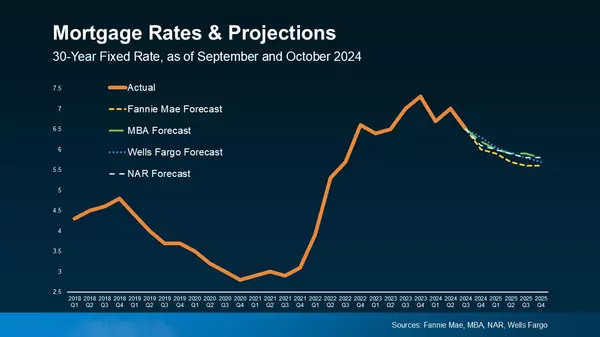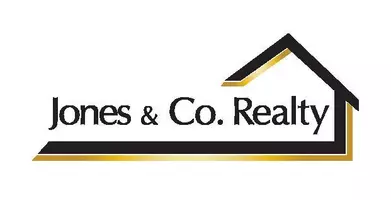10 Financial Actions to AVOID During the Homebuying Process

Minor fluctuations in your credit score can have a substantial impact on your mortgage interest rate and approval when buying a home. To ensure a smooth closing, it's essential to maintain financial stability and avoid actions that can negatively impact your credit or change your financial situation during the homebuying process.
Here are 10 financial activities to avoid when you're in the process of buying a home.
-
Applying for New Credit: Each credit application generates a hard inquiry on your credit report, potentially lowering your credit score. A lower credit score may result in higher mortgage interest rates or even impact your eligibility for a loan.
-
Running Up Credit Card Balances: High credit card balances can adversely affect your debt-to-income ratio, a crucial factor in mortgage approval. Strive to keep credit card balances low to demonstrate financial responsibility.
-
Changing Jobs or Careers: Lenders value job stability. Changing jobs or careers during the home-buying process can introduce uncertainty, potentially affecting your mortgage approval. It's advisable to wait until after closing.
-
Cosigning for Others: Cosigning for someone else's loan increases your financial responsibility. Lenders consider this additional debt, potentially impacting your ability to qualify for a larger mortgage.
-
Making Large Purchases: Major purchases, like a new car or expensive furniture, can increase your debt load and affect your debt-to-income ratio. It's wise to delay such purchases until after you've secured your mortgage.
-
Late or Missed Payments: Maintaining a strong payment history is crucial for your credit score. Late or missed payments can significantly impact your creditworthiness, potentially leading to higher interest rates or loan denial.
-
Closing Credit Accounts: Closing credit accounts may seem like a step towards financial responsibility, but it can negatively impact your credit utilization ratio, which is a key factor in your credit score. Keep existing accounts open, even if unused.
-
Changing Bank Accounts: Consistency in your financial documentation is essential during the mortgage approval process. Changing bank accounts can complicate the verification process, causing delays or concerns for lenders.
-
Undisclosed Debts or Liabilities: Full transparency is critical when providing financial information to lenders. Undisclosed debts or liabilities can jeopardize your mortgage approval and may lead to legal consequences.
-
Large Cash Deposits: Large cash deposits into your accounts can raise questions during the underwriting process. Lenders prefer to see a clear and traceable history of your financial transactions. Avoid large, unexplained cash deposits.
By steering clear of these financial pitfalls, you position yourself for a smoother homebuying process, ensuring that your financial profile remains strong and attractive to lenders. Always consult with financial advisors and mortgage professionals to navigate the intricacies of the homebuying journey successfully.
Categories
Recent Posts










GET MORE INFORMATION

Billee Silva, PA, ABR SRS
Licensed Realtor | License ID: P3275278
Licensed Realtor License ID: P3275278
